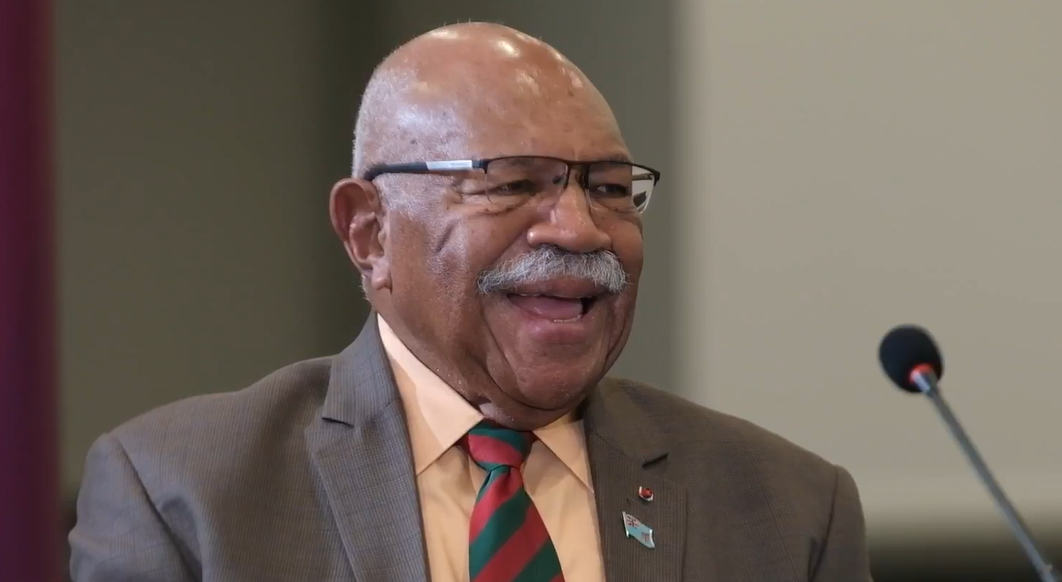Prime Minister Sitiveni Rabuka says the Great Council of Chiefs (GCC) should not be held responsible for the actions he took during the 1987 coup, describing the events as an emotionally charged, ethnically driven movement that left no option but a “clean break” from the existing order.
Speaking before the Truth and Reconciliation Commission, Rabuka said the GCC had little power to influence or prevent what happened.
“Collectively, I do not feel that the Council of Chiefs should be blamed for what I had done,” he said.
He explained that the Council was not in a position to intervene or alter the course of events once the military had taken control.
“There was nothing else they could do. I had always wondered whether they were in a position to ask me to ‘take it from here’ when I was already there.”
Rabuka said returning to the pre-coup constitutional order would have placed him in direct conflict with the Crown.
“If we had gone back to the previous order, I would have been guilty of treason against Her Majesty’s institution,” he said. “We needed a clean break.”
Rabuka described the 1987 coup as a form of popular uprising — though he acknowledged that the extent of its popular support remains debatable.
“It was another way — a popular revolution, perhaps. How popular can be debated,” he said.
He added that the uprising was driven by heightened ethnic emotions that had reached a breaking point.
“It was an ethnically emotional movement,” Rabuka told the Commission.



